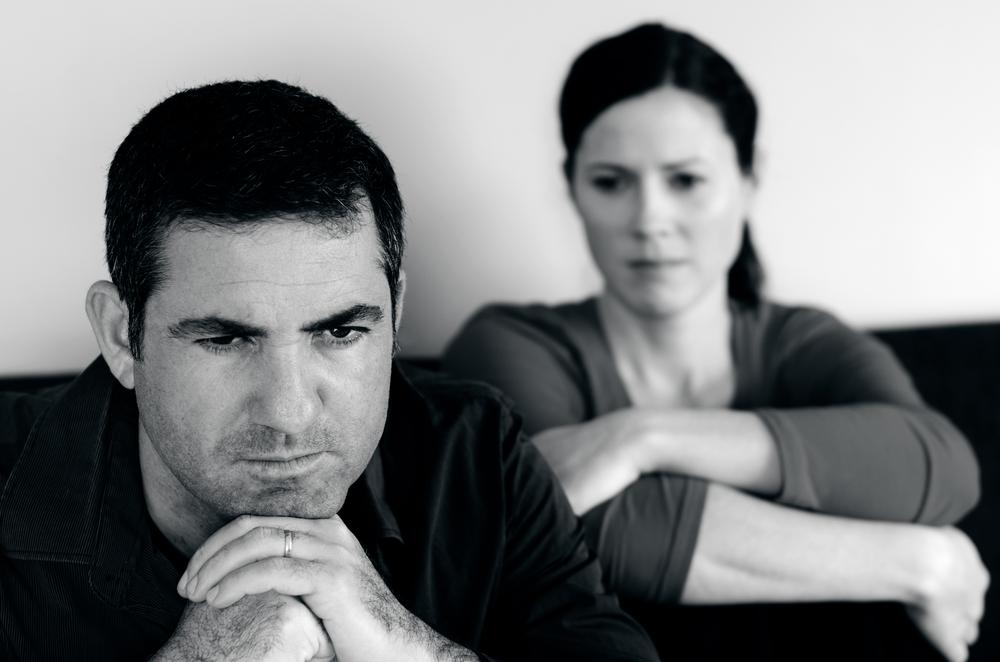Have you ever noticed how frequently your mind returns to problems and situations that cause you pain, and insists on rehashing what’s wrong? It’s a strange phenomenon really, our addiction to thinking about problems. Even when we don’t want to think about what’s bothering us, still, we keep thinking about it. Why do we do this, and how can we break this thinking addiction?
We return to painful situations because, at the root, we believe that more thinking (about our problem), will fix it. We imagine that every problem can be figured out with more thinking. We are conditioned from the time we’re born to trust that thinking is the solution to everything that ails us. And so, painful though it may be, we keep thinking over the same issues, believing that we can think up a way to make the problem not a problem.






